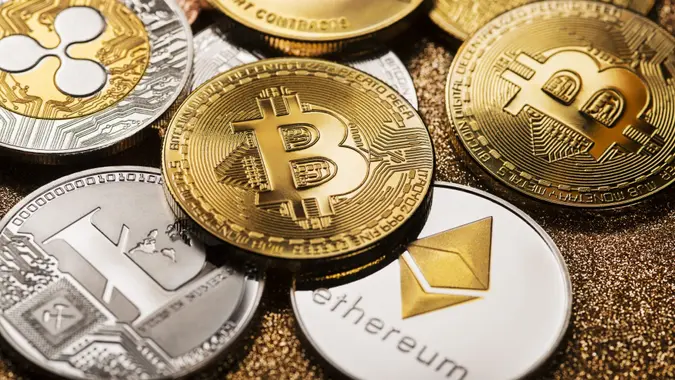According to crypto expert RJ Fulton, it is possible that the increasing demand for new Bitcoin use cases is adding more demand to its limited supply. Meanwhile, Ethereum continues to prove to be the home of DeFi. The expert chooses cryptocurrencies to buy in June.
Expanding horizons beyond store of value: Bitcoin
Bitcoin, the world’s first and most valuable cryptocurrency, has traditionally been seen as a store of value. Due to its limited supply, investors often expect the price of Bitcoin to continue to rise. With this hope, they implement a “buy and hold” strategy. This strategy has also yielded significant returns over the years. However, the discourse that Bitcoin is merely a store of value is slowly starting to change.
The introduction of a new protocol known as Ordinals allows non-financial data such as pictures, audio and video to be added to individual satoshis, the smallest value of a Bitcoin. Bitcoin technically lacks the smart contract features that are the basis of traditional Non-Fungible Tokens (NFTs). However, Ordinals are quite similar to NFTs. Moreover, cryptocoin.comAs you follow, its popularity has increased recently.

Ordinals not only allows Bitcoin-based NFTs, but also creates a tool for additional use cases such as the creation of tokens that were previously limited to Blockchains like Ethereum. These assets, called BRC-20 tokens, can be used for decentralized finance applications such as yield farming, stock markets and much more. Ordinals, on the other hand, is still in its infancy. Despite this, he brought the idea of additional uses for Bitcoin to the forefront of the industry. Although the development of Bitcoin beyond just a store of value remains at an experimental stage, it is gaining momentum.
If new uses for Bitcoin continue to develop, the demand for the world’s most valuable cryptocurrency will also increase. Investing in Bitcoin today is becoming increasingly attractive due to its limited supply and potential for renewed demand, especially given that its price is now more than 60% below its all-time high.
Unrivaled DeFi standard among cryptocurrencies: Ethereum
While Bitcoin is starting to gain functionality, Ethereum remains the undisputed leader of multi-purpose blockchains. Ethereum’s smart contract capabilities, coupled with its thriving ecosystem, have solidified its position as the platform of reference for NFTs, stablecoins, and various other decentralized finance (DeFi) applications.
Ethereum is the first smart contract compatible Blockchain. Thus, it allowed the development of decentralized applications. Therefore, there is no doubt that Ethereum is off to an advantageous start. However, there are more participants entering the market with the claim of leaving Ethereum behind in its own game. However, the truth is that these efforts were in vain.

Today, Ethereum still dominates the DeFi economy. It’s also the de facto home of all things DeFi. At the time of this writing, Ethereum holds about 60% of the value in all DeFi. On the other hand, the next closest Blockchain is Tron with 12%. So there are few signs that this will change. Ethereum’s price is quite far from its all-time high (more than 60%). That’s why the champion of DeFi is extremely discounted at today’s prices. This creates a valuable opportunity for long-term investors.
The key to success for cryptocurrencies
In a market that has had lackluster results over the past few years, it’s crucial to focus on proven assets. Among cryptocurrencies, Bitcoin and Ethereum have proven their flexibility and ability to withstand market fluctuations, making them solid investments even in uncertain times. As the two leading cryptocurrencies, Bitcoin and Ethereum often lead the market trends. Thus, they attract the entire industry with them.
Now is not the time to experiment with investments. Instead, simplicity and stability should guide choices. By investing in Bitcoin and Ethereum, you align yourself with the market leaders. You also benefit from their established history and widespread adoption. This approach provides a solid foundation for potential gains. It also reduces exposure to unnecessary risks.
The opinions and recommendations in the article belong to the experts and are not investment advice.







